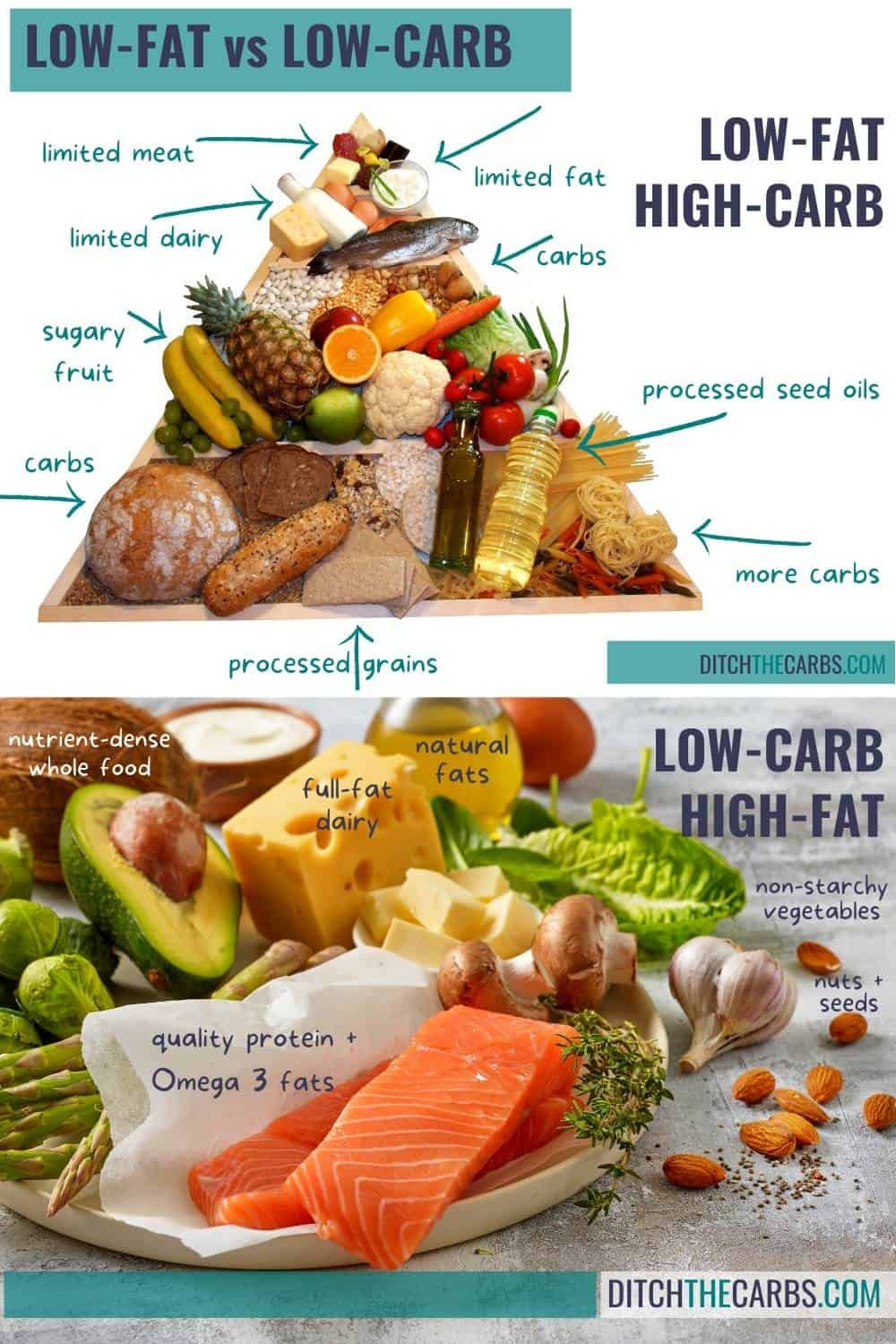
Trimming Down: Embracing a Low-Fat Lifestyle for Health
Maintaining a healthy lifestyle often involves making mindful choices, and one dietary approach that has gained popularity is the Low-Fat Diet. Let’s explore the key principles, benefits, and considerations associated with embracing a diet that prioritizes reduced fat intake.
Understanding the Low-Fat Diet
The Low-Fat Diet centers on minimizing the consumption of dietary fats, particularly saturated and trans fats. Advocates of this approach believe that reducing fat intake can contribute to weight management and support overall cardiovascular health. While fats are essential for various bodily functions, the emphasis is on choosing healthier, unsaturated fats and moderating overall fat consumption.
Prioritizing Heart Health
One of the primary motivations behind adopting a Low-Fat Diet is its potential to promote heart health. By limiting the intake of saturated and trans fats, individuals aim to lower cholesterol levels and reduce the risk of heart disease. Embracing heart-healthy fats, such as those found in avocados, nuts, and olive oil, becomes a key aspect of this dietary approach.
Weight Management Benefits
For individuals looking to manage or lose weight, the Low-Fat Diet can be a valuable tool. Since fat is calorie-dense, reducing fat intake can contribute to a lower overall calorie intake. This, combined with a focus on nutrient-dense foods, can create a calorie deficit, which is fundamental for weight loss.
Balancing Macronutrients
While the Low-Fat Diet emphasizes reducing fat intake, it’s essential to maintain a balanced approach to macronutrients. Carbohydrates and proteins play crucial roles in overall health, and a well-rounded diet ensures that the body receives the necessary nutrients for optimal functioning. Choosing whole grains, lean proteins, and a variety of fruits and vegetables contributes to a balanced nutritional profile.
Making Informed Food Choices
Adopting a Low-Fat Diet involves making conscious choices when it comes to food selection. Reading food labels, choosing lean cuts of meat, incorporating more plant-based sources of protein, and opting for cooking methods that minimize added fats are all part of this dietary approach. Awareness of hidden fats in processed foods is also key to success.
Challenges and Considerations
While the Low-Fat Diet has its merits, it’s crucial to acknowledge potential challenges. Some critics argue that the focus on fat reduction may lead to an increase in refined carbohydrates, which can have negative implications for health. Additionally, not all fats are created equal, and distinguishing between healthy and unhealthy fats is essential for making informed choices.
Scientific Perspectives on Dietary Fats
The scientific community continues to explore the relationship between dietary fats and health. Research suggests that the type of fat consumed plays a significant role in its impact on health. As our understanding evolves, recommendations for fat intake may become more nuanced, emphasizing the importance of healthy fats in the diet.
Incorporating Exercise for Optimal Results
For individuals following a Low-Fat Diet, incorporating regular physical activity enhances overall health and well-being. Exercise not only supports weight management but also contributes to cardiovascular health and improved metabolism. The synergy of a balanced diet and an active lifestyle forms the foundation for a holistic approach to health.
The Role of Dietary Fat in Nutrient Absorption
While reducing fat intake is a key aspect of the Low-Fat Diet, it’s important to recognize the role of fats in nutrient absorption. Certain vitamins, such as A, D, E, and K, are fat-soluble, meaning they require fat for proper absorption. This underscores the importance of including healthy fats in the diet to support the body’s ability to absorb essential nutrients.
To explore more about the benefits of a Low-Fat Diet and its impact on overall health, visit CloudFeed. Consider consulting with a healthcare professional or a registered dietitian to tailor dietary choices based on individual health needs and goals. Embracing a Low-Fat Lifestyle is a mindful step towards a healthier, well-rounded approach to nutrition and well-being.
